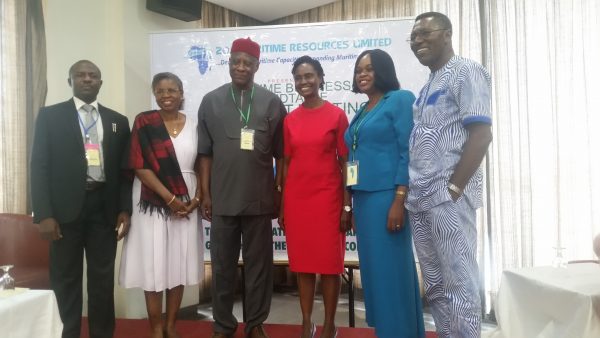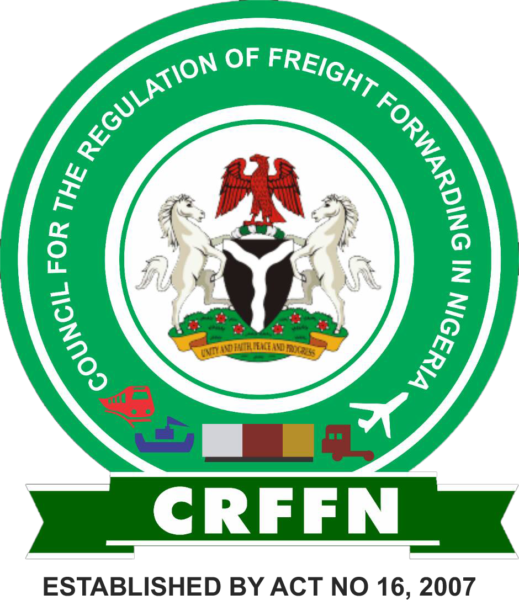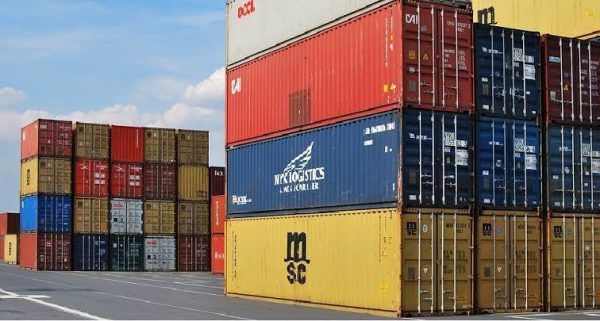Maritime Experts Canvass Free Market Policy For Efficiency, Competition

As part of efforts to reposition the nation’s port sector, maritime experts have called for a change from the federal government’s overemphasis on tariffs and rates in the shipping and port sector to a system that guarantees efficiency and allows market forces determine the flow of businesses via healthy competition.
This regulatory call was made by participants at the Maritime Business Roundtable Breakfast Meeting organized by ZOE Maritime Resources Limited, which took place at the Oriental hotel in Lagos on Wednesday.
The Chairman, Genesis Worldwide Shipping Ltd., Capt. Emmanuel Ihenacho made this plea at the Roundtable with the theme; “Tariffs and Rates as Stimulants of Growth for the Nigerian Economy”.
Ihenacho frowned at the government’s inclination to attain uniform tariff structures in the country and among competing ports in the West and Central African Region.
“Tariff is usually designed by government to achieve certain purposes. Sometimes, tariffs are applied on imported goods to encourage local industries and create jobs. At the end of the day somebody has to bear the loss. Most times we place tariffs on certain goods to prevent the importation of certain goods yet they get into the country and people have to pay the final cost. So the consumer always bears the brunt of these tariffs” he said.
He also stressed that in applying a tariff, there was need for the government to check the cost and benefit and strike a proper balance to enable Nigerian ports operators get what should be derived from the economy.
The former Minister of Interior, urged government agencies to ensure competition among shipping operators to make Nigerian ports remained competitive and be the preferred destination for port users.
Ihenacho called for the automation and overall improvement of ports infrastructure, and that government should make other ports functional.
Also speaking at the breakfast meeting, the Executive Secretary, Nigerian Shippers’ Council (NSC), Mr. Hassan Bello, said Tariffs and Rates were the entire components of processing goods from the ports to the end users.
Bello who was represented by the Director, Marketing Analysis and Tariff Administration Regulations Service at the Council, Mrs. Margaret Ogbonna, recalled that the country has been able to create Port Service Support Portal in collaboration with some government agencies to enable port users channel their complaints for solutions.
“The Nigerian Shippers’ Council recently carried out a road survey on Apapa port road and it was discovered that about 5,000 to 6,000 trucks patronise Apapa ports area daily, while the entire Apapa port needed only 2,500 trucks daily to take consignments out of the port.
Appalled by the uncertainty in the tariffs and rates needed for clearing goods at the ports, the Shippers’ Council boss also called for automation and transparency among agencies at the ports.
According to Ogbonna, automation would also provide the template to stop the menace of arbitrary charges.
Meanwhile, the Lagos State Commissioner for Commerce, Industry and Cooperatives, Mrs Olayinka Oladunjoye noted that tariffs and rates served as tools of revenue generation to the government.
Oladunjoye who was represented by Director of Industry, Ministry of Commerce, Mr. Lekan Ogunbowale for the keynote address, said the maritime sector was a catalyst for the growth of the Nigerian economy.
According to her, to facilitate the industrial development, the state government has continuously invested in infrastructure; establishment of Economic Zones, harmonized regulatory framework and taxation.
The Commissioner maintained that there was need to fully harness the vast potential in the maritime sector, pointing out that the state had an equity contribution of 20 per cent to the establishment of Lekki Deep Seaport under Public-Private Partnership (PPPs).
In her welcome address, the Chairperson, ZOE Maritime Resources Ltd, Mrs. Oritsematosan Edodo-Emore, stressed that tariffs and rates were useful tools for the government in many jurisdictions to advance their nation’s economic interest, protect local industries from the effects of dumping.
The convener expressed delight at the turn-out of notable maritime bigwigs even as she admonished the government to ensure that tariffs and rates in the country also stimulated export while generating revenue.







